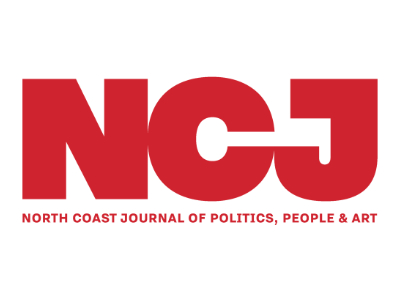
On Sept. 7 an unheralded piece of legislation passed 30-6 to put California unequivocally on the side of protecting traditional Medicare. Assembly Joint Resolution 4 requests President Biden to eliminate Wall Street profiteering from Medicare via a new program, ACO REACH. REACH is an invention by the Center for Medicare and Medicaid Innovation (CMMI) that began this year without any Congressional approval or oversight. Ending this program will not only be a boon to California with its 6.6 million seniors and people with disabilities but to an entire nation that has enjoyed 58 years of traditional Medicare — the public program we all pay into with our taxes. The acronym ACO REACH (which stands for Accountable Care Organization Realizing Equity and Community Outreach) sounds pleasant but is wholly misleading. It has opened the floodgates to Wall Street plundering by private equity firms, investment bankers and venture capitalists. Fifty-eight years ago, the idea of Medicare was to remove all cost sharing and provide unencumbered access to health care for seniors and disabled persons. But from the 1970s forward, a healthcare revisionist history has unrolled in pushback against Lyndon Baines Johnson’s successful implementation of the Medicare program. In 1972, the Nixon administration allowed the insertion of certain middlemen, (Health Maintenance Organizations (or HMOs), into the Medicare payment process. These middlemen, mostly insurance companies, demand profit but have never produced data to indicate they are delivering on promises of lower costs or improved care. In fact, the data indicates just the opposite. Medicare Advantage (MA), a privatized version of real Medicare, began in 2003 under the Bush Administration and furthers investors’ goals. It allows non-medical middlemen to restrict provider networks, deny medically prescribed care, cherry pick the healthiest enrollees, lemon drop the sickest and up-code health scores to make patients appear sicker in order to game the Medicare Trust Fund. Medicare Advantage plans overcharge Medicare by more than $75 billion per year, and private equity companies reap many billions more. It comes down to a payment model called capitation. While Medicare pays providers for services actually performed, Medicare Advantage collects a per-person monthly stipend from the Medicare Trust Fund in anticipation of expected — not actual — need. It’s easy to see how making patients appear sicker would jack up that anticipated need and, accordingly, the capitated payment — without oversight to record whether or not that need is addressed. The REACH payment…
California Says No to Privatizing Medicare

